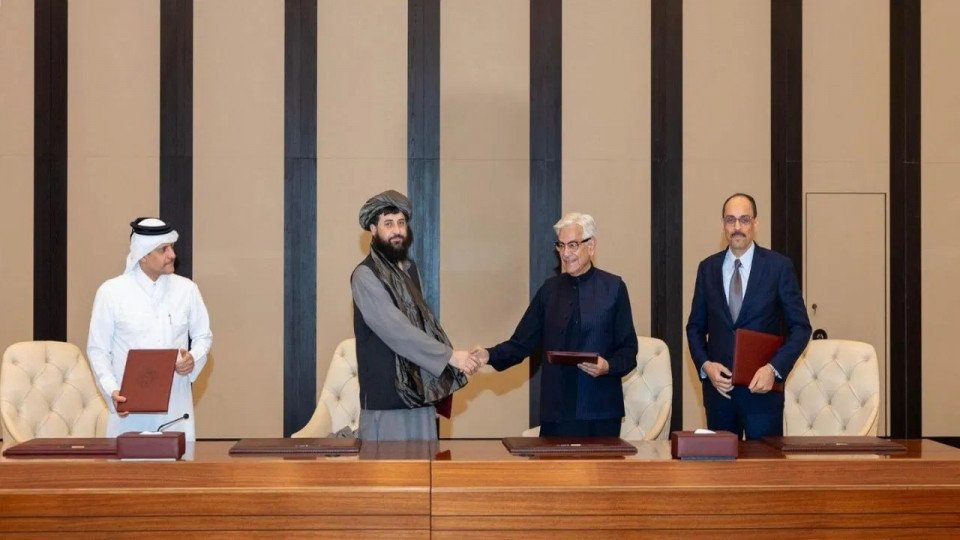Israel’s repeated violations of the Gaza ceasefire agreement have not only undermined the fragile truce but have also intensified the humanitarian crisis in the besieged enclave. Since the ceasefire took effect on October 10, 2025, there have been at least 80 documented breaches, resulting in the deaths of 97 Palestinians and injuries to over 230 others.
The ceasefire, brokered by the United States and supported by Egypt, Qatar, and Türkiye, was intended to halt hostilities and allow humanitarian aid to reach civilians. However, within days, Israeli forces resumed airstrikes across Gaza, violating the terms of the Gaza ceasefire, targeting areas in both the north and south, including refugee camps and residential zones. These attacks, which Israel claims were in response to alleged provocations, have included the use of tanks, drones, and air raids, often resulting in civilian casualties.
In addition to military aggression, Israel has imposed restrictions on the entry of humanitarian aid, despite the Gaza ceasefire’s explicit provision for unimpeded access. Aid convoys have been delayed or halted, exacerbating shortages of food, medicine, and fuel. These actions contravene international humanitarian law and have drawn condemnation from rights groups and regional observers.
The pattern of violations raises serious questions about the enforceability of Gaza ceasefire agreements in asymmetric conflicts. Without credible monitoring and accountability mechanisms, such pacts risk becoming symbolic gestures rather than instruments of peace. The United Nations and the Organization of Islamic Cooperation must take a more assertive role in verifying compliance and documenting breaches. Independent observers on the ground could serve as a deterrent against further violations and provide transparency to the international community.
The humanitarian dimension of the crisis demands urgent attention. Gaza’s civilian population, already reeling from months of bombardment and blockade, faces worsening conditions. Ensuring the uninterrupted flow of aid is not merely a matter of logistics—it is a moral imperative. Regional powers, including Pakistan, can leverage diplomatic channels to advocate for sustained humanitarian corridors and support relief operations through multilateral frameworks.
Beyond the immediate crisis, the root causes of the conflict remain unresolved. Ceasefires, while necessary, are temporary measures. A durable peace requires addressing the longstanding issues of occupation, displacement, and the denial of fundamental rights. The international community must renew efforts toward a just and lasting resolution that upholds the principles of self-determination and sovereignty for the Palestinian people.
The role of media and civil society is also critical. Documenting and disseminating verified information about ceasefire violations helps counter disinformation and ensures that the plight of civilians remains visible. Public awareness and international pressure can influence policy and prevent further erosion of humanitarian norms.
The situation in Gaza is a test of the global commitment to peace, justice, and the rule of law. The repeated breaches of the Gaza ceasefire underscore the urgent need for a coordinated, principled response that prioritizes human life, reinforces international agreements, and lays the groundwork for a sustainable resolution to the conflict.
Read more stories on Gaza, here: https://thepublicpurview.com/?s=gaza
Stay updated with verified reports, impactful headlines, and real-time coverage. We bring you trusted news from across Pakistan and beyond. For full stories, in-depth analysis, and exclusive updates, follow or visit our website. Your source for credible journalism, national resilience, and the voices that matter most—delivered with clarity, urgency, and integrity.
For climate-related stories, visit: The Green Post









